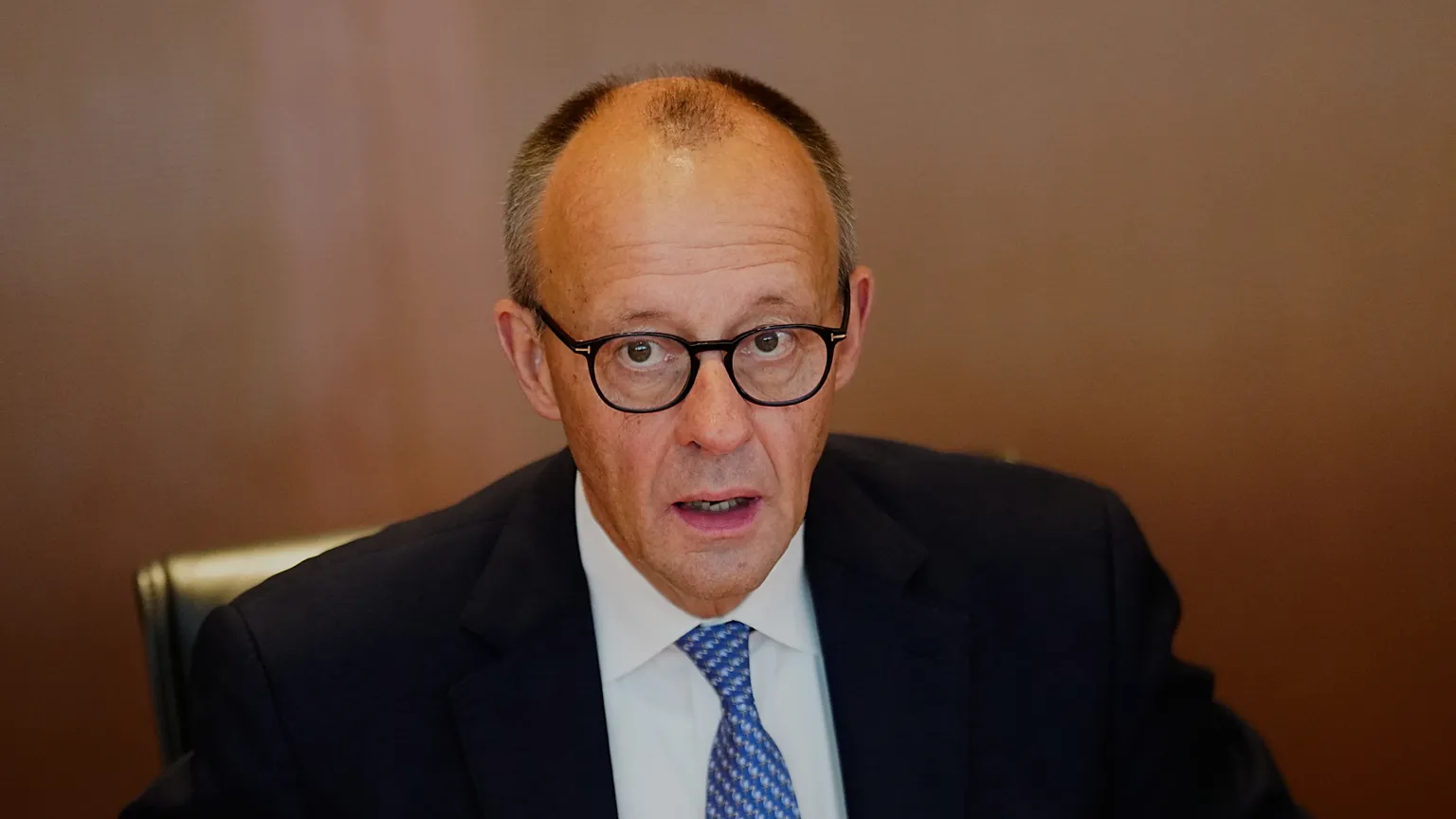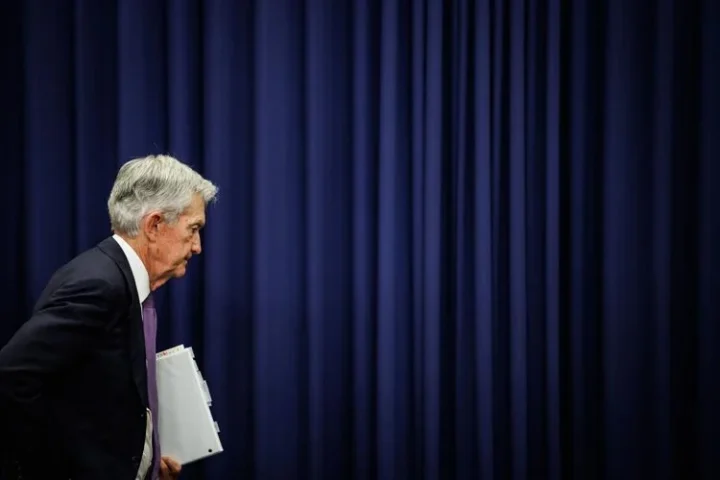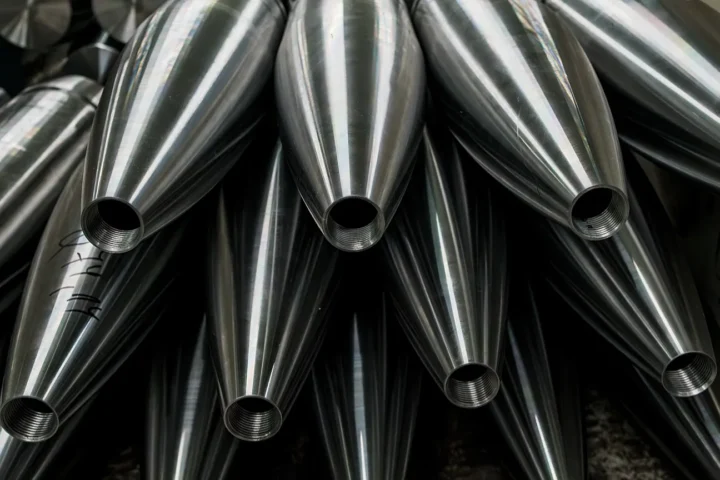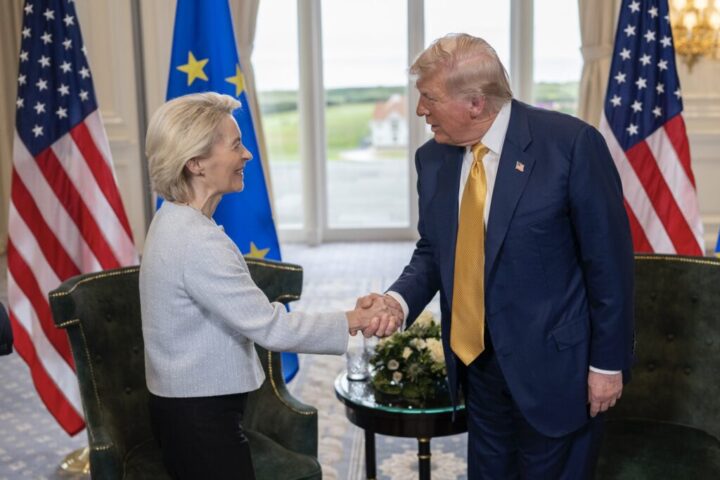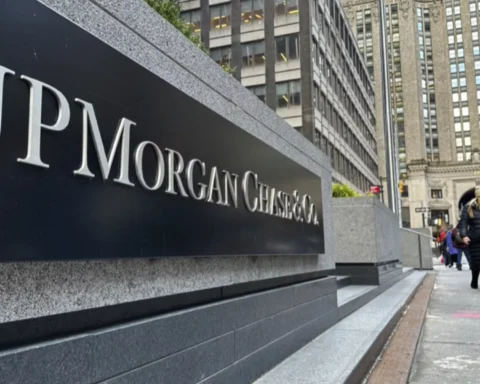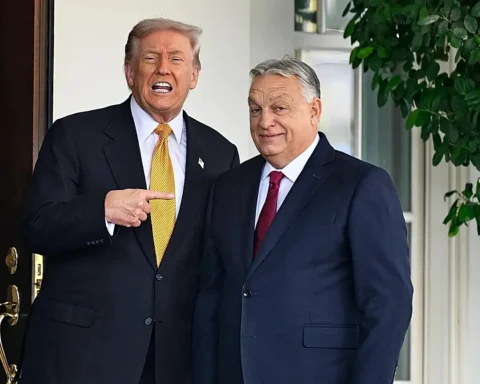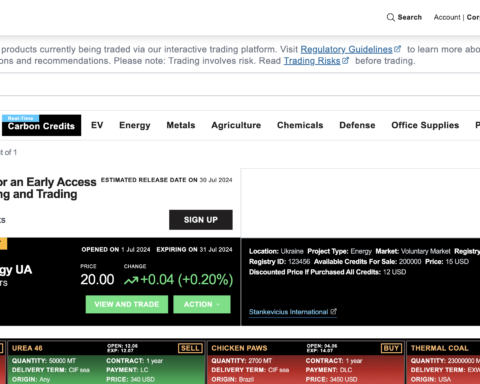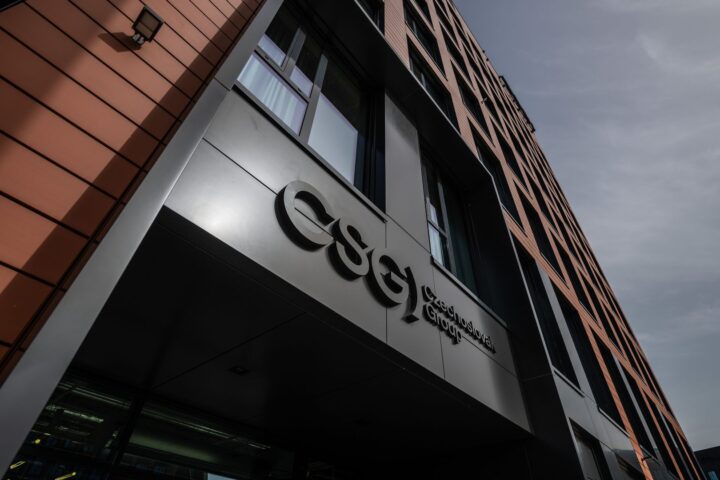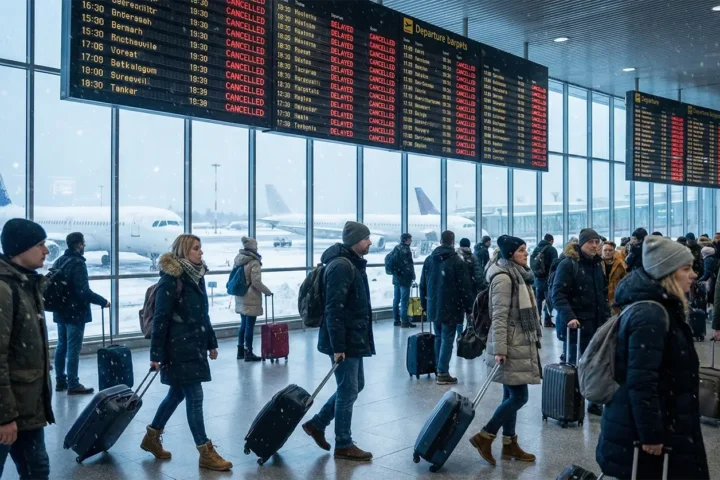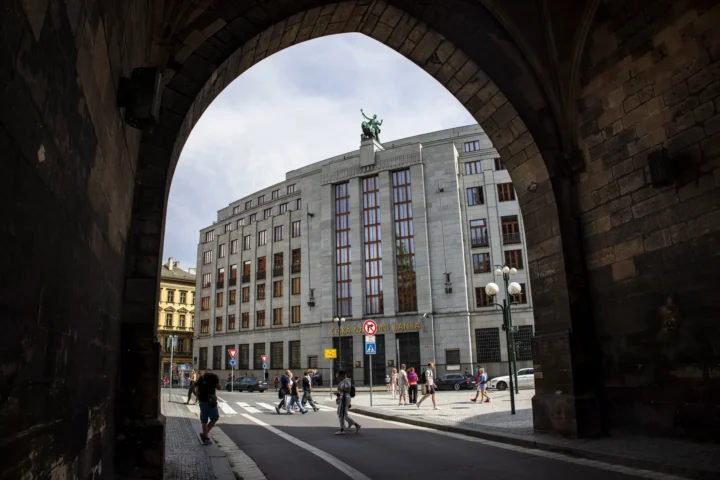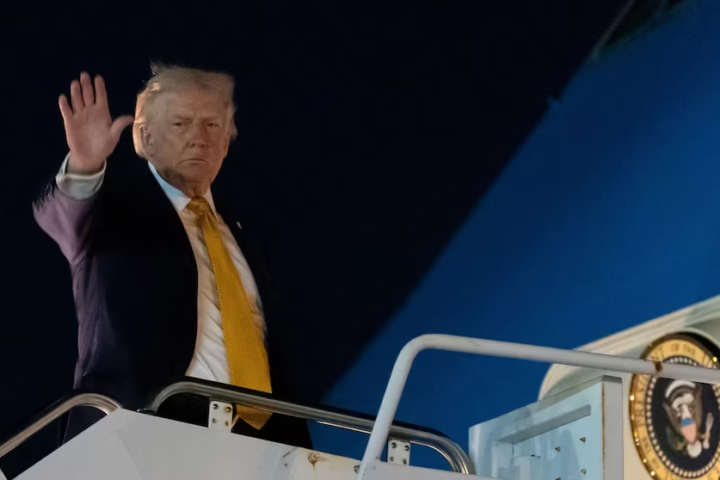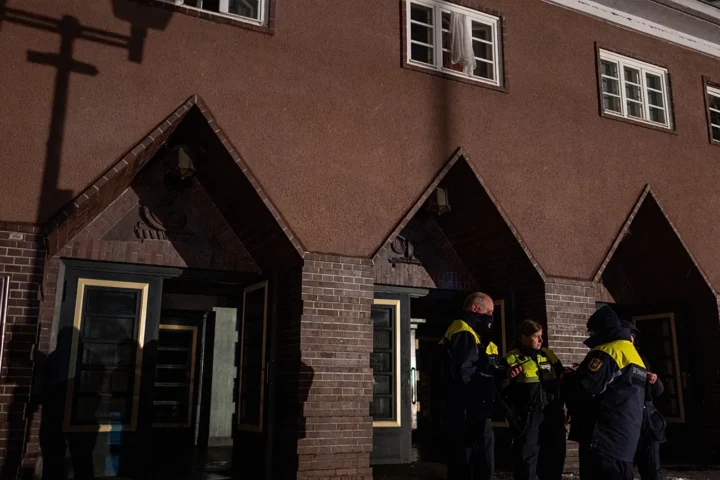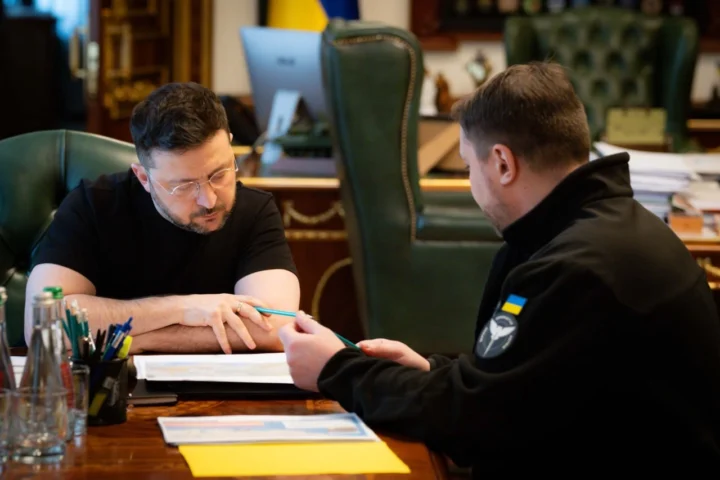In a wide-ranging and forceful speech that underscored the European Union’s growing geopolitical weight, Germany’s Chancellor declared that “the future of the world is being shaped in Europe.” His message, delivered at a moment of heightened global uncertainty, was both a call to action and a warning: Europe is no longer a peripheral observer of world affairs—it has become one of the primary arenas where global power, security, and economic models will be defined for decades to come.
The Chancellor’s assessment reflects an increasingly urgent reality. The global system, once anchored in stable alliances, predictable economic flows, and U.S.-led security guarantees, is entering a period of profound restructuring. As tensions rise between the world’s major powers, Europe has found itself at the epicenter of competing visions for the future—on war, technology, climate, energy security, and democratic governance.
Europe at the Center of a New Geopolitical Era
Whether it wanted the role or not, Europe has become an active battleground of strategic interests. Russia’s full-scale invasion of Ukraine has transformed the continent into the frontline of a struggle over global security norms. The EU’s response—massive economic sanctions, military aid, and political unity—has elevated Europe’s global profile in ways unseen since the end of the Cold War.
At the same time, Europe is navigating intense pressure from China’s expanding economic influence, rising protectionism in the United States, and growing instability in the Middle East and Africa. For the Chancellor, these converging crises affirm one point: Europe now shapes, and is shaped by, the global order in real time.
He argued that decisions taken in Brussels, Berlin, Paris, and Warsaw will determine not only the future of Europe, but also the balance of global power, democratic resilience worldwide, and the trajectory of international cooperation.
Defending a Rules-Based Order Under Threat
A major theme of the Chancellor’s message was the defense of the rules-based international order, a system that has enabled decades of peace, prosperity, and open markets. But that system is being increasingly challenged:
- Russia is attempting to redraw borders through force.
- China is contesting global technological leadership while building alternative economic networks.
- The U.S. is increasingly inward-focused, with political polarization threatening long-term reliability.
- Global South nations are demanding a greater voice and rethinking alignment with Western institutions.
Europe, he argued, is uniquely positioned to uphold multilateralism and democratic values—but only if it acts decisively.
The Ukraine War: Europe’s Moment of Truth
No issue demonstrates Europe’s centrality more than the war in Ukraine. The Chancellor reiterated that Europe’s support is not merely symbolic; it is existential—for Ukraine and for the continent’s broader security architecture.
He warned that the outcome of the war will shape global politics for an entire generation:
- If Russia succeeds, borders can be changed by force anywhere.
- If Ukraine prevails, it reaffirms the principle that sovereignty and territorial integrity are non-negotiable.
- Europe’s credibility as a geopolitical actor hinges on its consistency, unity, and long-term commitment.
This is why he called for sustained financial support, deeper military cooperation, and stronger European defense capabilities.
Europe’s Economic Power: A Global Anchor or a Vulnerability?
The Chancellor also emphasized Europe’s economic role as the world’s largest single market and one of its most important regulatory powers. Decisions made in Europe—on digital governance, data privacy, climate policy, industrial subsidies, and competition law—have global ripple effects.
But internal vulnerabilities persist:
- High energy costs
- Slow economic growth compared to the U.S. and Asia
- Dependence on imported critical raw materials
- Fragmented defense and industrial policy
- Persistent political divisions within the Union
To remain influential, Europe must invest in innovation, upgrade its industrial base, strengthen energy independence, and maintain competitiveness while transitioning toward a green, digital economy.
Strategic Autonomy: A New Pillar of European Power
The Chancellor reiterated Germany’s support for greater European strategic autonomy, meaning that the EU should be capable of acting independently—not instead of the United States, but alongside it.
This includes:
- Building a stronger European defense industry
- Increasing joint weapons procurement
- Strengthening cybersecurity and digital infrastructure
- Protecting supply chains
- Reducing dependence on authoritarian regimes for energy and technology
He emphasized that strategic autonomy is not a rejection of NATO or transatlantic ties, but a necessary evolution in a more unpredictable world.
Expanding Influence: Enlargement as a Geopolitical Tool
The Chancellor also addressed EU enlargement, arguing that integrating Ukraine, Moldova, and the Western Balkans is not just an idealistic project but a geopolitical necessity. Expansion would extend the EU’s democratic sphere, secure its borders, and increase its population and economic potential.
But enlargement requires internal reforms—particularly around governance, decision-making, and budget frameworks. Europe must grow stronger before it grows bigger, he said, but it must not miss the historic opportunity to reshape the continent.
The Message: Europe Can Shape the 21st Century—But Only If It Chooses To
The Chancellor’s speech ultimately served as a stark reminder that Europe is no longer shielded from global instability. Instead, it has become a decisive arena where the rules, alliances, and power structures of the new century are being crafted.
His message to European leaders and citizens was clear:
- Europe cannot rely solely on American security guarantees.
- Europe cannot afford internal division.
- Europe must invest in its technological, military, and economic power.
- Europe must lead, not react.
Conclusion: A Defining Decade Ahead
The Chancellor framed the moment as one of historic importance: Europe stands at a crossroads where passivity leads to decline, but unity and ambition can transform it into a stabilizing global force.
If Europe succeeds in deepening its integration, strengthening its economy, maintaining its support for Ukraine, and asserting its geopolitical identity, it could indeed shape the future of the world.
But failure—marked by fragmentation, underinvestment, and indecision—would leave the continent vulnerable in a world that is becoming harsher, more competitive, and increasingly defined by the assertiveness of autocratic powers.
For the Chancellor, the conclusion is unmistakable: Europe’s choices today will determine the world of tomorrow.
